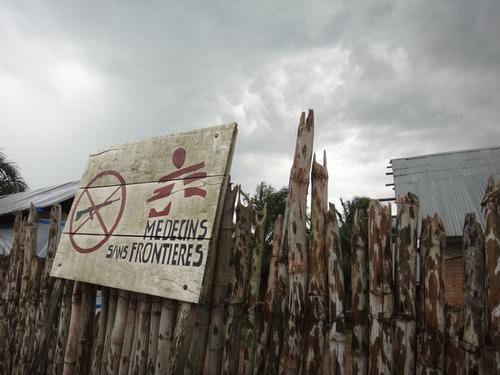This article was first published in the International Review of the Red Cross.
The aim of this article is to carry out a preliminary analysis of issues relating to the types of violence that are directed against humanitarian medical missions. Starting from the observation that violence can cause some degree of disruption for a medical organisation such as Médecins Sans Frontières, despite its wide experience which has brought it much wisdom and generated numerous and sporadic responses to such events, the article offers a more subtle analysis of terms and of situations of violence so as to contribute to the establishment of a research project and, in a second phase, to an awareness-raising campaign focusing on these complex phenomena.
About the authors
Dr Caroline Abu Sa’Da, Head of UREPH
Dr Caroline Abu Sa’Da holds a doctorate in political science and heads the Unité de Recherche sur les Enjeux et Pratiques Humanitaires (UREPH) at Médecins Sans Frontières (MSF) Switzerland.
Dr Françoise Duroch, MSF International
Dr Françoise Duroch has a Master’s degree in history, law and human rights and a Doctorate in education sciences from the University of Lyon 2. She is a former Research Coordinator for the Research Unit on Humanitarian Stakes and Practices of MSF Switzerland and is currently the manager of the Medical Care Under Fire project at MSF International. She has worked on sexual violence issues since 2001.
Dr Bertrand Taithe, Professor
Dr Bertrand Taithe is a professor of history, teaching at the University of Manchester. He is also the founder and director of the Humanitarian and Conflict Response Institute and a member of the scientific council of the Centre de Réflexion sur l'Action et les Savoirs Humanitaires (CRASH).



